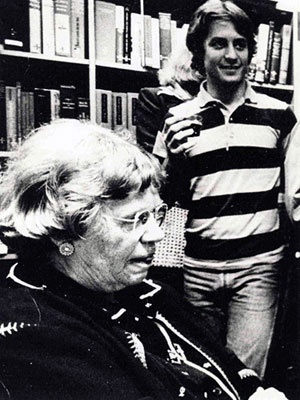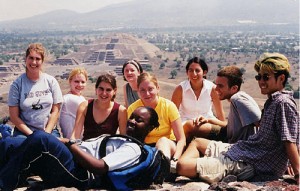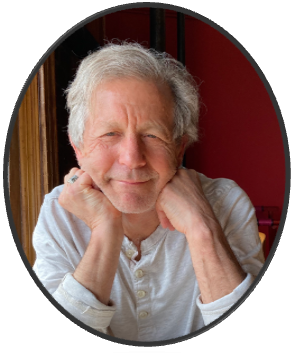Contact email: agoodman@hampshire.edu
Recent Abridged CV (2025)
Welcome to Alan’s professional site!
I am an emeritus professor of biological anthropology at Hampshire College in Amherst, MA. My work centers on how inequalities, poverty, and racism get under the skin and have biological consequences and costs. (More on that below and on the research page!)
In addition to teaching, I’ve been Vice President (2003-2005) and President (2005-2007) of the 11,000-member American Anthropological Association (AAA) , Vice President of Academic Affairs/Dean of Faculty, and Dean of Natural Sciences at Hampshire. I am a founding member of the 5-College (Amherst, Mt. Holyoke, Hampshire, Smith, and UMass/Amherst) Culture, Health and Science program (CHS) and on the graduate faculty in Anthropology at UMass/Amherst.
, Vice President of Academic Affairs/Dean of Faculty, and Dean of Natural Sciences at Hampshire. I am a founding member of the 5-College (Amherst, Mt. Holyoke, Hampshire, Smith, and UMass/Amherst) Culture, Health and Science program (CHS) and on the graduate faculty in Anthropology at UMass/Amherst.
My training includes a BS (magna cum laude) in Zoology, a Ph.D. in Anthropology from UMass/Amherst, and multi-year fellowships in stress physiology at Karolinska Institute, Stockholm, and International Nutrition at the University of Connecticut and the Mexican National Institute of Nutrition.
My teaching, research, and writing focus on better understanding the processes by which political/economic systems, such as poverty, inequality, and racism, have biological consequences, as indicated by measures of stress, health, and nutrition.
Margaret Mead (former AAA president) with Alan in Stockholm, Sweden, 1977, at the Laboratory for Clinical Stress Research.
I have a long political and scientific interest in scientific racism and how race became reified (made to seem real) and is still frequently used as if it were a “natural” reality, rather than a reified idea to justify racism. I co-lead a public education project with an award-winning website, a traveling exhibit, educational materials, and a companion book, Race: Are We So Different? (with Yolanda Moses and Joseph Jones), with a third edition in the works. Additionally, Racism, Not Race: Answers to Frequently Asked Questions (with Joseph Graves) was published in 2022.
Teotihuacan, Mexico: Students taking a break from research on nutrition & pollution in the Solis Valley, on a grant titled “Are We What We Eat?”

My main theoretical interest focuses on how we think about “what is (human) biology” and how political-economic processes such as inequality and racism dialectically intersect with human bodies and biologicals. This work includes measuring childhood health and nutrition in the present, mainly in Egypt and Mexico (including what Tom Leatherman and I call Coca-Colonization). Tom and I edited Building a New Biocultural Synthesis (1998), a volume that grew out of a Wenner-Gren conference. We were recently able to revisit this project in another Wenner-Gren, organized with Paula Tallman and Morgan Hoke (October 2025).
It also includes developing methods and theories in paleo-epidemiology, from studying the transition to horticulture at Dickson Mounds, Illinois, to the biological consequences of enslavement (New York African Burial Ground Project).
Lastly, I work on teeth as indicators of nutrition, pollution and migration. Looking at tooth enamel is much like the news — it is mostly the bad news that is of interest. Enamel, the hard coating of teeth, uniquely provides a nearly permanent, chronological record of physiological states: stress, nutrition, pollution, as well as movements and migrations. I’m fascinated by the methods for “reading” this information from old and contemporary teeth. In addition to a long-standing interest in reading abnormal histological events (caused by cellular processes), I have a long collaboration with Dula Amarasiriwardena to evaluate chemical changes over time in lead, other pollutants, and nutritionally significant elements such as iron and zinc (see PDFs).
Chaia Heller, my wife, Ezra, our son, and Mazel, our Australian Cobberdog (Labradoodle). Mazel passed 9/5/2023.

